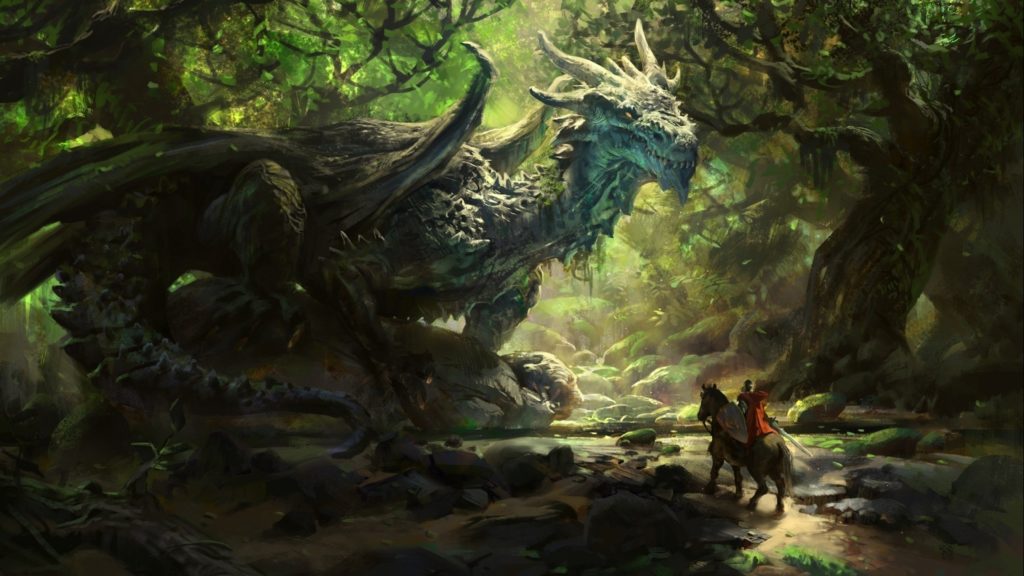Unless you’re an inter-dimentional time traveller, you probably don’t know a whole lot about space combat against fearsome alien races. Likewise, you might not be very familiar with the way dragons live, how they fly, or even hunt for food. And yet, new writers are often told to “write what you know.”

Writing what you know is a lot like trying to find a job straight out of college. Jobs require experience, but in order to gain experience, you need a job. It’s a paradox. So, how can you as a writer write what you know, if you want to write about science fiction, fantasy, or even about living in Africa when all you’ve seen is the urban cityscape of America?
While there is a lot more to it than what I am going to mention, this should be a good start.
I dabbled in theater while in college, and I was in some smaller productions as well as an improv comedy troupe. While doing a Halloween-themed reader’s theater, I played a haberdasher who was transported from place to place, fighting dragons and goblins and witches and all sorts of fun things. Of course, I haven’t had the privilege of experiencing those things previously, so how, then, was I able to make my performance convincing?
A lot of it was my imagination. I had to feel inside what it might be like to rescue a princess, to fight a dragon, or to be threatened by a horde of goblins. To gain those feelings, I dipped into my personal reservoir of experiences. What might is be like to fight a dragon? Probably terrifying, but I couldn’t back out of it. Fear. Courage. I recalled some instances in my own life when I was afraid, but pushed forward anyway. That could range from asking a girl on a date (I think I would have much prefer fight a dragon…) to waiting in line for a roller coaster. Both of those things scared the willies out of me (fortunately I’m married now so at least I won’t have to worry about one of those. Unfortunately my wife loves roller coasters, so I’m stuck with the other).
However, using those emotions, I was able to amplify it into something a little more believable than just pretending to knock my knees together and, in a cry of exposition, exclaim how frightened I was!
Although this was a short, silly example, the same concept applies for writing what you know. Do you know what it’s like to be on an epic space voyage? Probably not. But perhaps you’ve been on a long road trip. Use those memories and feelings to amp up your star trek (so to speak). Do you have a character who is trying to learn to fly using magic but can’t quite grasp the concept? Well, when was another time you tried desperately to learn something but couldn’t (for me, that was every and all science and math classes)?
These experiences can be recalled however many times you need until you capture the emotion and feeling associated with what you’re writing. But don’t just pick one real-life experience. You’ve lived a life full of adventure already! Glean from many experiences, combining them all to create a hybrid that perfectly encapsulates your character’s own experience.
Research is another important aspect of writing what you know. I have never flown an airplane, but I’ve read many books on fighter pilots that I am now much more able to see inside the inner workings of a pilot; what goes on during takeoff, during landing, or during a dogfight. I know the hazards, and I know the terminology they use in everyday conversation. If you’re able, research similar topics to that which you’re writing.
This is just some of the things I do to help myself relate to the characters I write. In order to make their lives and jobs and everything else convincing, I need to know more about it myself. Recycling my own experiences is one way to do that. Research is another. Start with those two steps and you’ll see yourself connecting more with what you write, and you can be certain your audience will as well.

